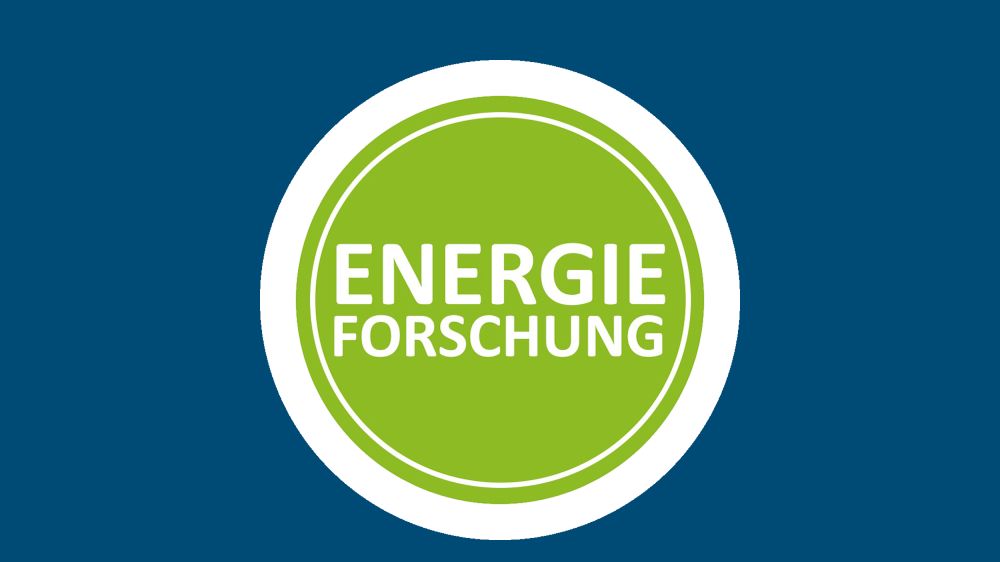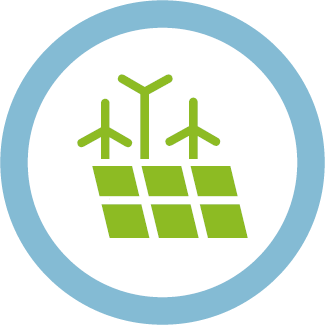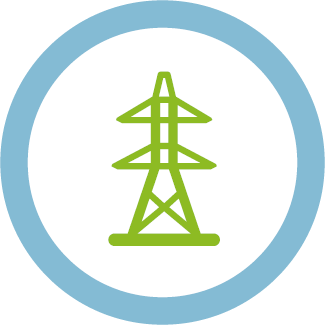Energy Research Networks

The energy research networks represent Germany’s broad research scene in the fields of bioenergy, buildings and neighbourhoods, renewable energy sources, industry and commerce, power grids, hydrogen, systems analysis, energy transition and society.
The networks were established as dialogue-oriented forums for exchange between research, politics, and industry and are supported by the Federal Ministry for Economic Affairs and Climate Action (BMWK). They promote the transfer of energy research findings to practical applications, offer opportunities to participate in energy policy issues, and increase transparency in funding policy. Through joint events, webinars, and opinion polls, the networks offer scope for their members to organize and run proceedings themselves.
As an open forum for experts, the networks create synergies for representatives from industry and science, as well as for important disseminators of knowledge relating to Germany’s energy transition. Work is structured flexibly within various working groups and research fields. This fosters the development and strengthening of important relationships between stakeholders, frequently resulting in joint research projects and helping to translate research findings to practical applications even more rapidly.
Driving force for energy research funding strategies
The research networks support the energy transition in Germany, particularly as important drivers of funding strategies. They identify trends and have made a valuable contribution to the consultation process for the preparation of the energy research programme with their expert knowledge. The exchange between experts with complementary expertise in operational and strategic, technical and methodological issues is a central concern on the path to the energy transition. Although each network has its own thematic focus, it is important to strengthen the dialogue within each network, but also beyond, across all networks on topics such as digitalization, energy storage and sector coupling.
Scientists working on research issues relating to the energy transition and the associated social challenges as well as employees in companies, institutes and associations can participate. As the research networks aim to cover the broadest possible spectrum of ideas for the energy transition, young professionals and graduates are also particularly welcome.










